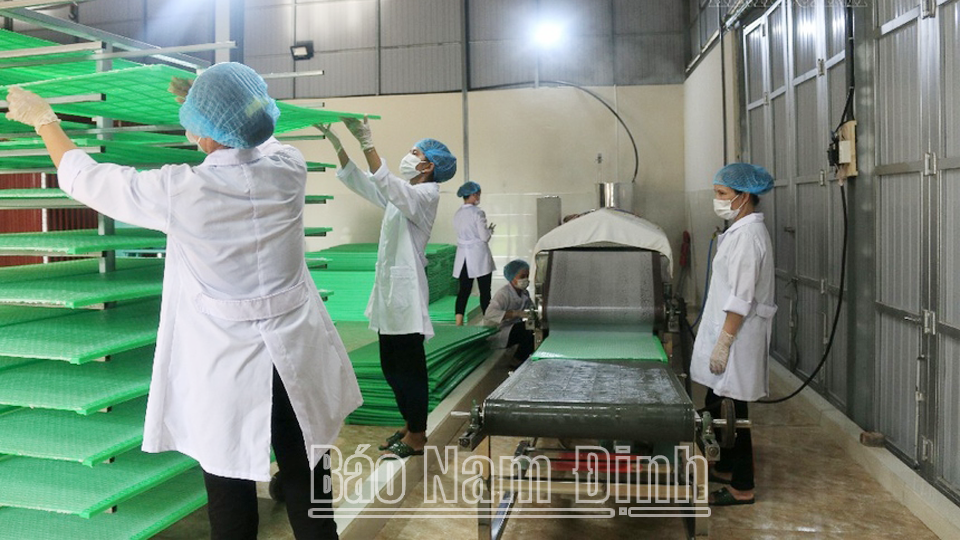 |
| Xuan Tien Agricultural Production and Mechanical Service Cooperative (Xuan Truong) invests in equipment to develop local traditional occupations. |
In particular, transport cooperatives have maintained stable and developing business, actively meeting the needs of transporting passengers and goods. Some cooperatives have proactively and flexibly created to grasp market needs, invested in upgrading equipment, improved service methods to enhance competitiveness in the market, contributing to the fast, convenient, safe movement of passengers and goods, increasing economic efficiency. Industrial - handicraft, commercial and construction cooperatives continue to promote internal strength, innovate business methods, methods of operation, and supplement industries to maintain production and business. For 12 cooperatives specializing in environmental sanitation, although there are still many difficulties and obstacles in planning policies, investment, borrowing capital, sanctions for implementing the Environmental Law..., they have boldly invested in appropriate equipment and technology to gradually operate stably and have steps of development.
With 42 People's Credit Funds, of which 22 Funds operate in one locality and 20 Funds operating across localities, in the period of 2021-2024, the People's Credit Fund system has actively provided capital support to member households in rural areas to restore production and business. The capital mobilization and lending capacity associated with the regulatory relationship of the Cooperative Bank, Nam Dinh branch, always ensures good liquidity, meeting the needs of member customers to invest in expanding production and business. Up to now, the People's Credit Funds have a total of over 44,000 members with a total operating capital of over VND 5,500 billion (of which 4 People's Credit Funds have total assets of over VND 200 billion), outstanding loans to members reaching over VND 4,100 billion. The operations of the People's Credit Funds are basically safe and effective, increasingly affirming their important role, contributing to promoting economic development, political stability, rural security, and new rural construction.
Cooperatives in the non-agricultural sector have made efforts to find markets, boldly invested in equipment and means to maintain and expand production, ensure jobs and income for members and workers. The average profit of industrial and handicraft cooperatives is estimated at 223 million VND/cooperative/year; commercial cooperatives are estimated at 158 million VND/cooperative/year; transport cooperatives are estimated at 301.7 million VND/cooperative/year; construction cooperatives are estimated at 1 billion 080 million VND/cooperative/year; environmental cooperatives are estimated at 480 million VND/cooperative/year; the People's Credit Fund is estimated at 285 million VND/fund/year. The average income of members and workers of industrial and handicraft cooperatives is estimated at 34 million VND/person/year; transport cooperatives are estimated at 46 million VND/person/year; environmental cooperatives are estimated at 47 million VND/person/year; the People's Credit Fund is estimated at 58 million VND/person/year. Many cooperatives have promoted the application of new technology, invested in equipment for production and services, created jobs for many workers to stabilize their lives and contributed positively to the State budget. A typical example is Hoa Binh Transport Cooperative (Nam Dinh city) which operates a large-scale passenger transport business by car. In the context of the increasingly competitive car transport market in general, especially passenger transport business in particular, the Board of Directors of the Cooperative has proactively sought breakthrough solutions for the unit's production and business activities, focused on innovating the management mechanism, actively supported members to improve the quality of transport services in a fundamental way; consulted and created legal conditions for members to mobilize their own financial resources as counterpart capital for credit loans at banks to invest in vehicle innovation. Thereby, the capacity and quality of passenger transport on inter-provincial routes, especially the inter-provincial routes in the South that the unit registered to operate. With outstanding achievements in production and business, Hoa Binh Transport Cooperative is one of two typical cooperatives in the province to be honored with the "Vietnam Cooperative Star" award for the second time in 2025... Trung Hieu Production and Service Cooperative, Nam Dien Commune (Nghia Hung) was established in 2015 with the main production and service business activities being to organize members to produce packaging products, handicrafts woven from sedge associated with the export value chain to consume products for members. The cooperative creates regular jobs for over 800 rural workers in the commune and neighboring communes with an income of 5.5 to 7 million VND/person/month... Binh Dinh Textile and Garment Joint Stock Cooperative, Truc Chinh Commune (Truc Ninh), in addition to implementing flexible production organization methods, maintaining, developing, and exploiting the advantages of traditional weaving, also cooperates with enterprises to complete face towel products for export to the Japanese market, bringing practical benefits to members...
The development of non-agricultural cooperatives has made an important contribution to production sectors, increasing the value of goods for farmers, diversifying services, and creating more jobs for local workers. In order to overcome difficulties and improve the operational efficiency of cooperatives in general and cooperatives in the non-agricultural sector in particular, the province has had policies to support the development of collective economy and cooperatives suitable for each stage. In order to improve the management and operation capacity of cooperatives, implement the Government's project on training and fostering cooperative cadres, every year, based on the support budget from the central budget, the provincial People's Committee allocates funds to support training and fostering for cooperative management cadres. The provincial Cooperative Union actively participates in developing policies on collective economy; regularly synthesizes recommendations and proposals of cooperatives to the central government, the province and relevant agencies; advises the Provincial Party Committee, the Provincial People's Committee and proposes solutions to develop collective economy and cooperatives in the province; Disseminate and guide the implementation of the Law on Cooperatives, legal policies related to cooperative economy; provide advice and support for the establishment of cooperatives; coordinate to monitor and grasp the performance of cooperatives; promote trade promotion activities and product consumption for cooperatives...
With the contributions of cooperatives in the non-agricultural sector and collective economy, cooperatives in the province have gradually innovated, developed, and their effectiveness has become increasingly evident. Along with the programs and projects on restructuring the agricultural sector and the economic development project of the province, cooperatives have made fundamental changes in their organizational models and methods of operation according to the principles of autonomy and self-responsibility, developing many new industries, promoting production linkages associated with value chains, developing supply chains, contributing to improving the economic efficiency of cooperatives, affirming the role and value of collective economy and cooperatives in developing local economies, building advanced and exemplary new rural areas.
Article and photos: Lam Hong
Source: https://baonamdinh.vn/kinh-te/202506/hieu-qua-hoat-dong-cua-cachop-tac-xa-phi-nong-nghiep-e620632/



![[Photo] More than 124,000 candidates in Hanoi complete procedures for the 2025 High School Graduation Exam](https://vphoto.vietnam.vn/thumb/1200x675/vietnam/resource/IMAGE/2025/6/25/fa62985b10464d6a943b58699098ae3f)
![[Photo] First training session in preparation for the parade to celebrate the 80th anniversary of National Day, September 2nd](https://vphoto.vietnam.vn/thumb/1200x675/vietnam/resource/IMAGE/2025/6/25/ebf0364280904c019e24ade59fb08b18)

![[Photo] General Secretary To Lam works with the Standing Committee of Quang Binh and Quang Tri Provincial Party Committees](https://vphoto.vietnam.vn/thumb/1200x675/vietnam/resource/IMAGE/2025/6/25/6acdc70e139d44beaef4133fefbe2c7f)

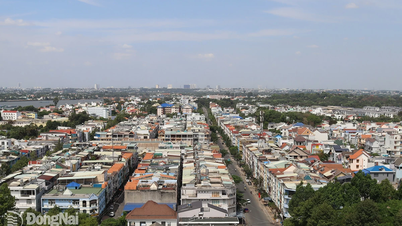





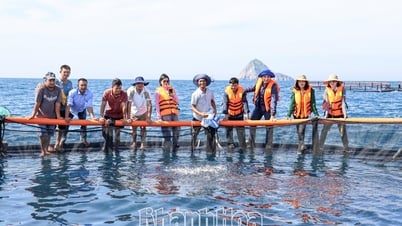








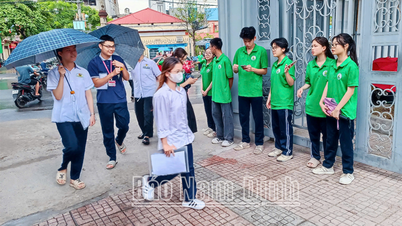
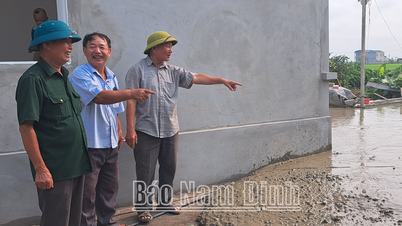
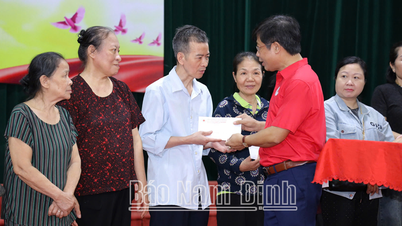
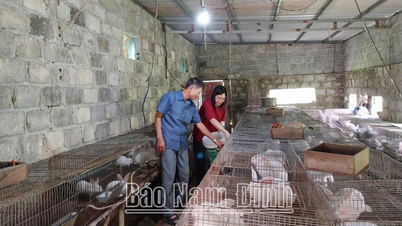

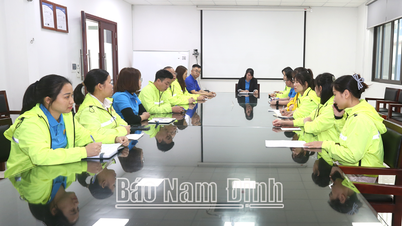
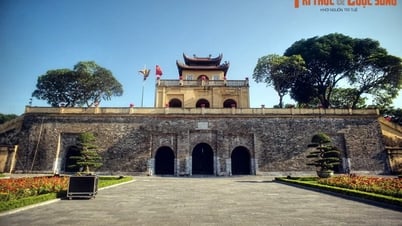

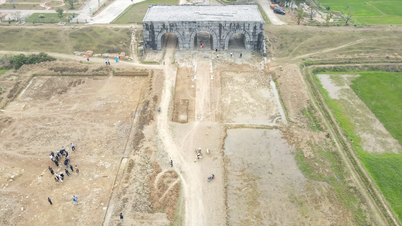



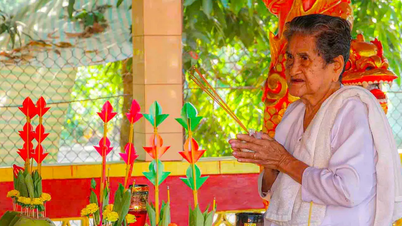

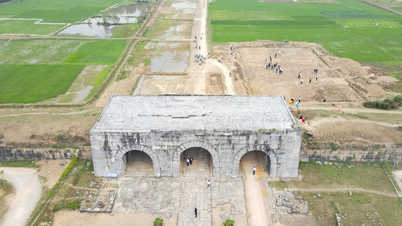






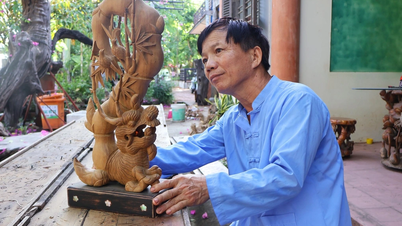

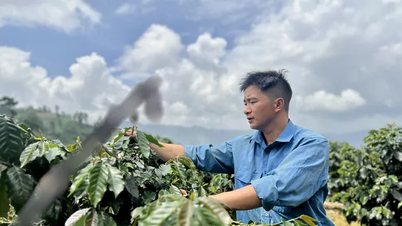

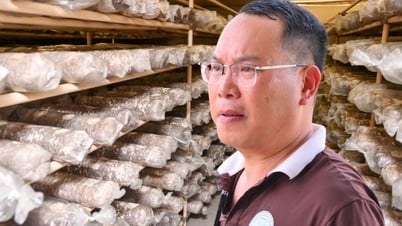



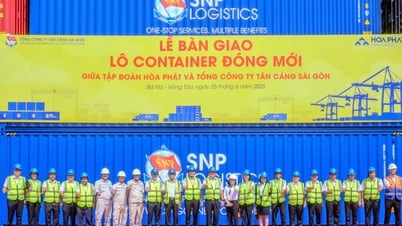










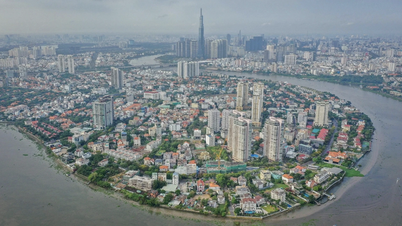











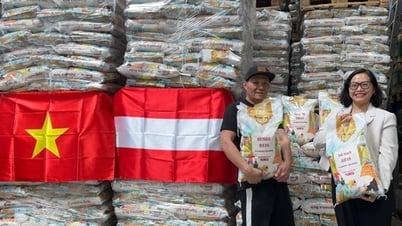

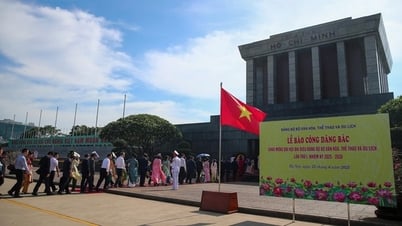
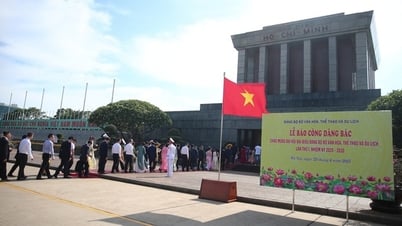




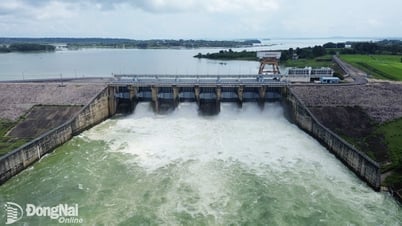


















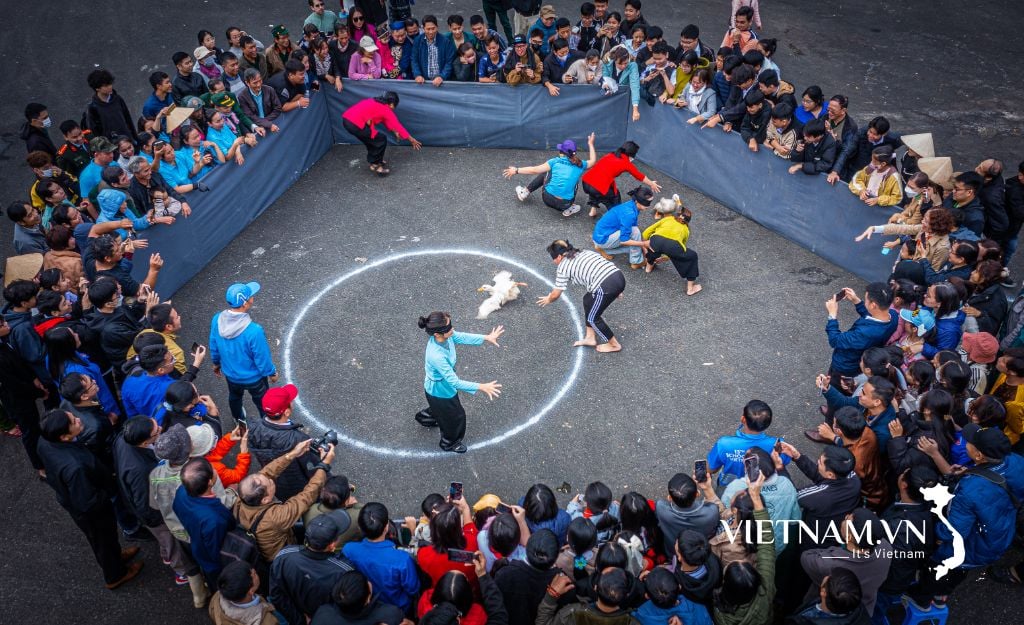
Comment (0)